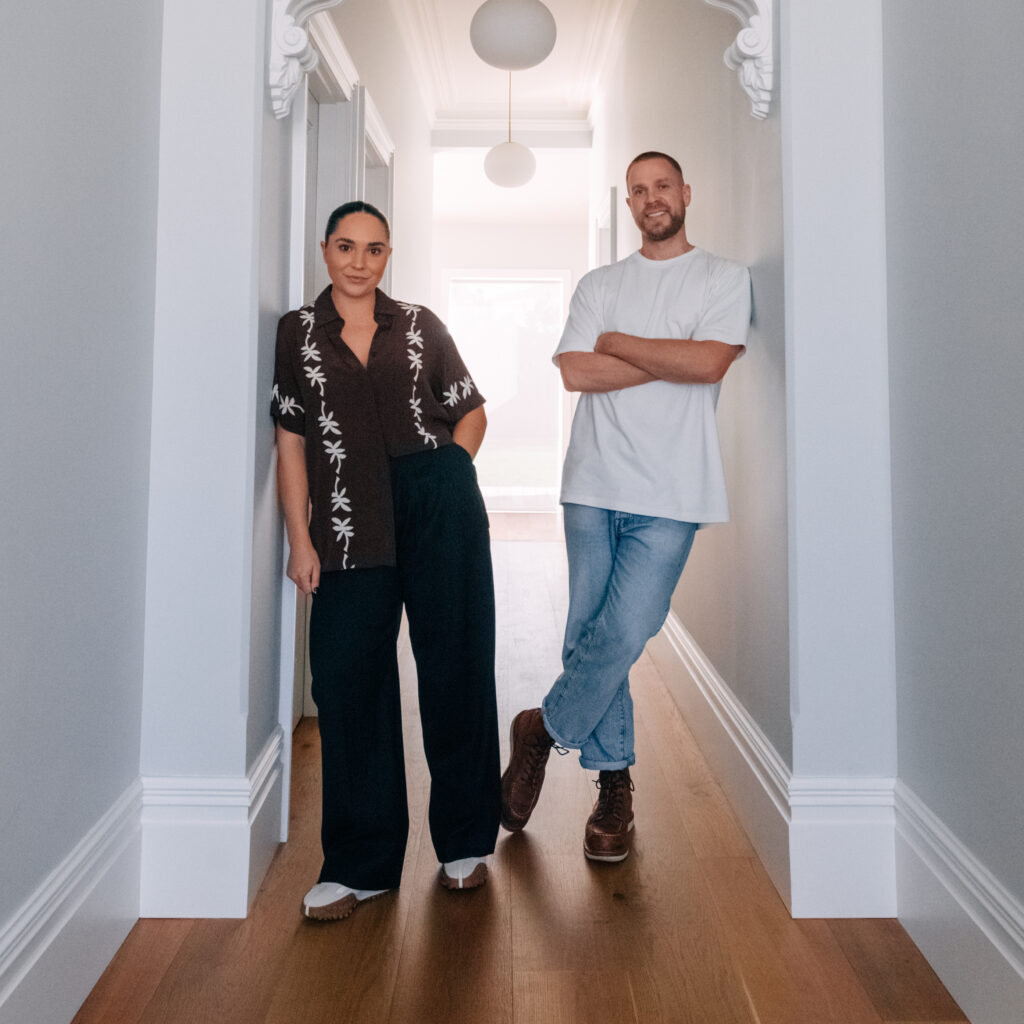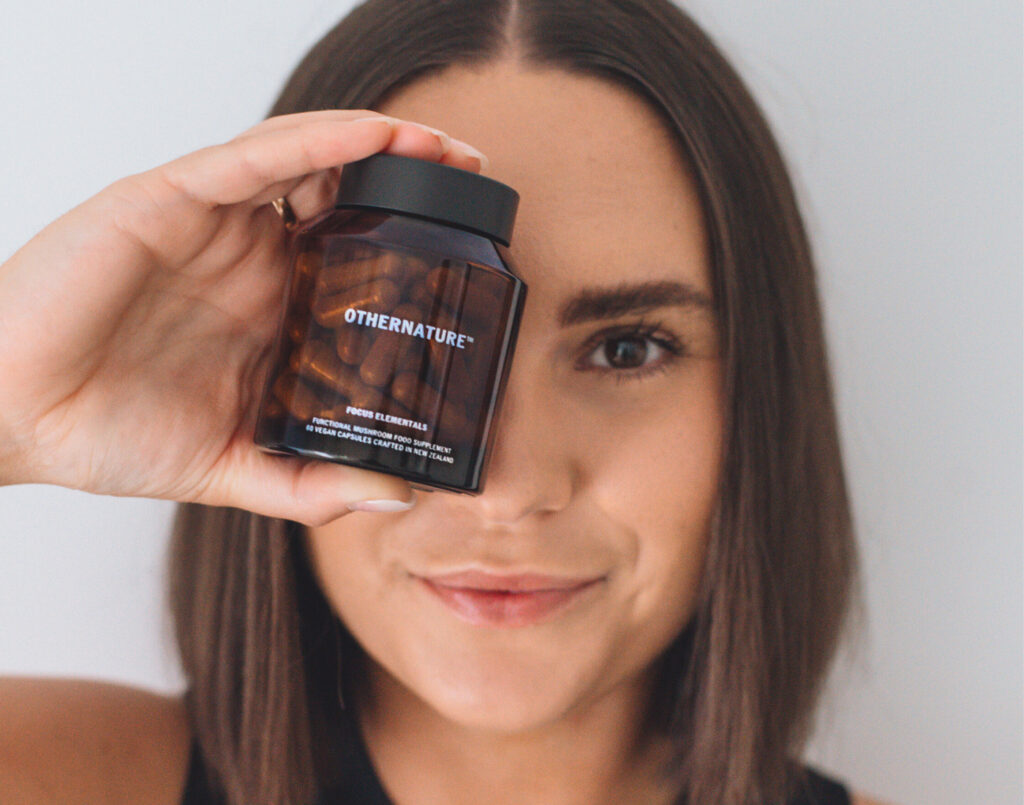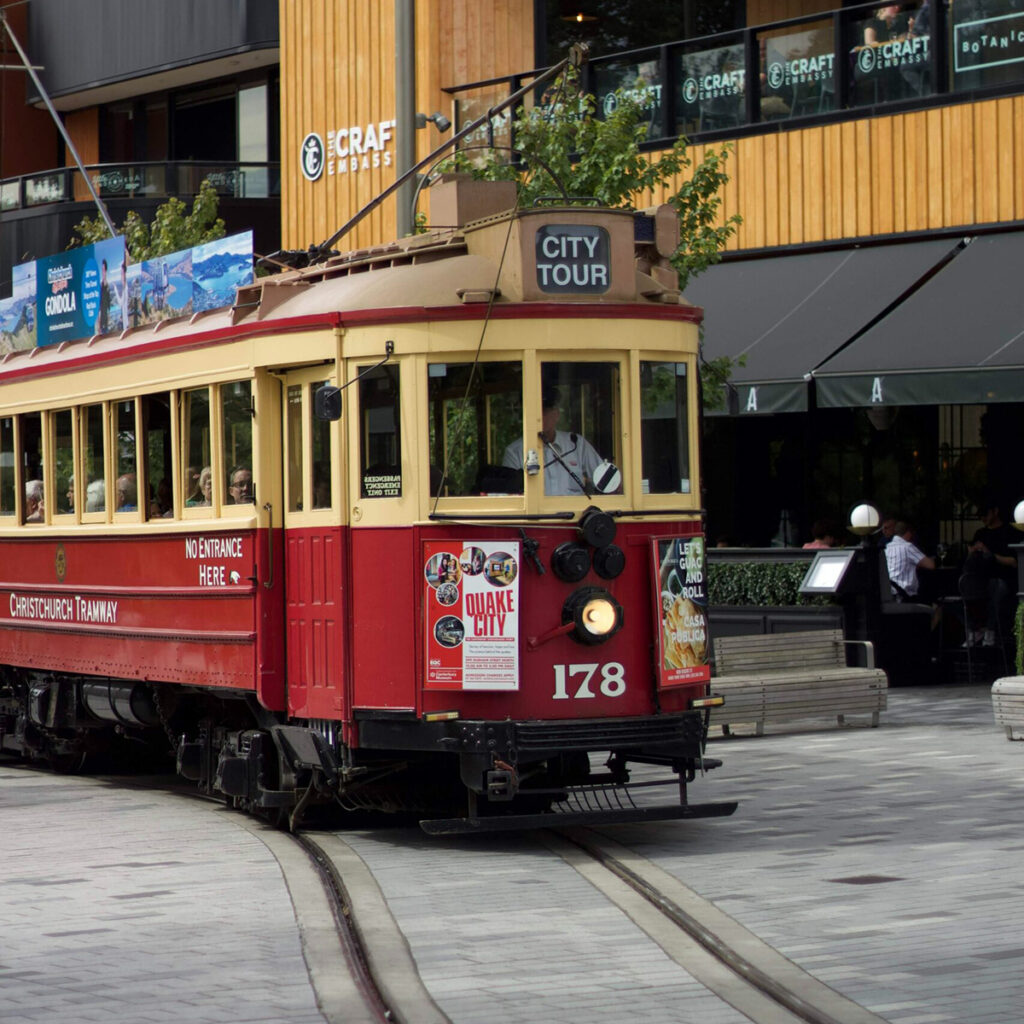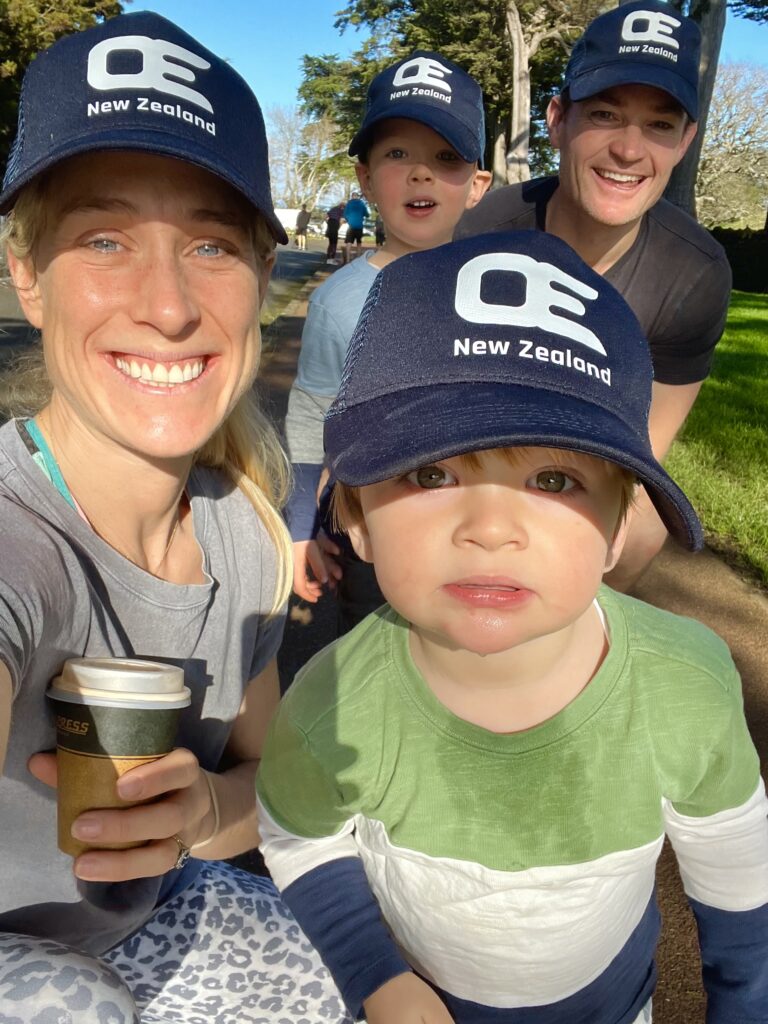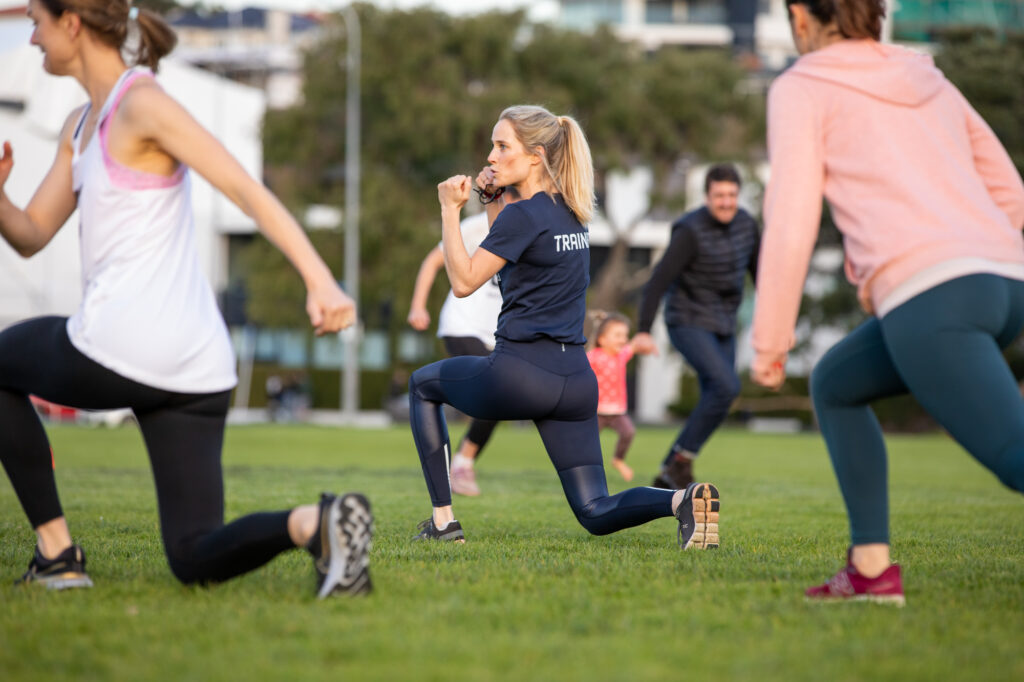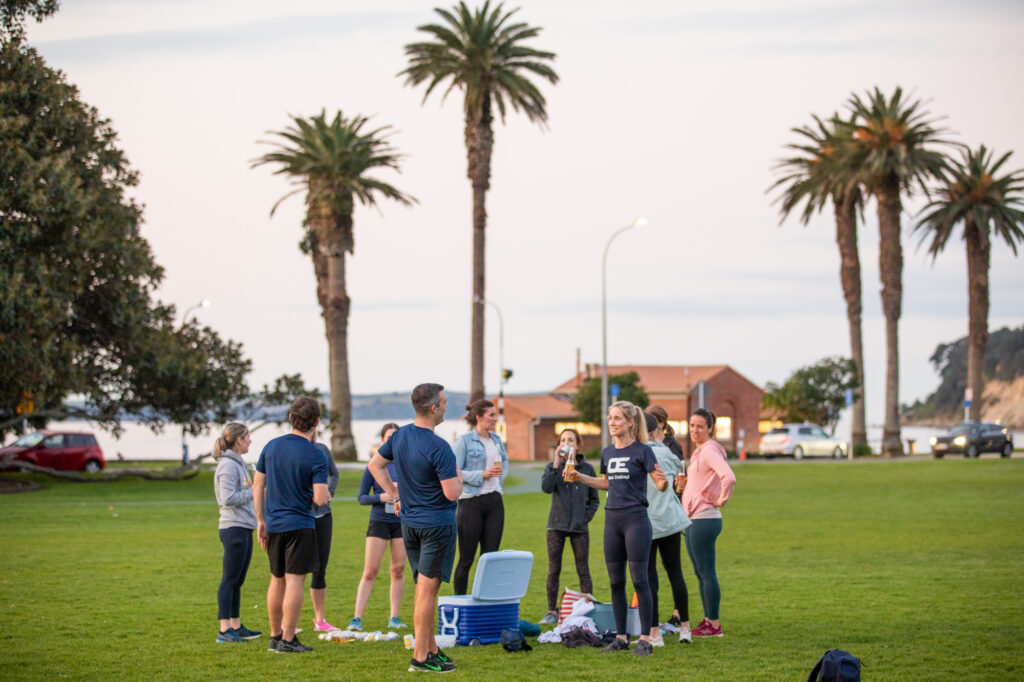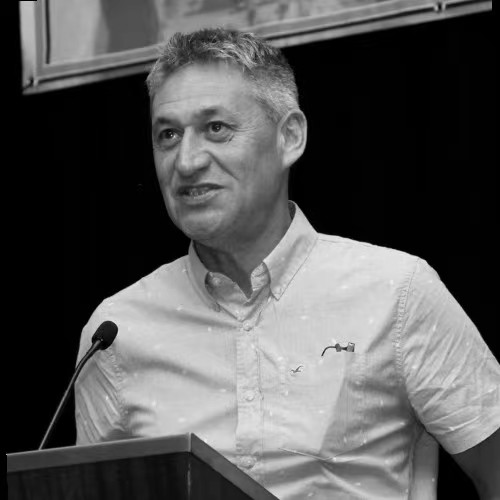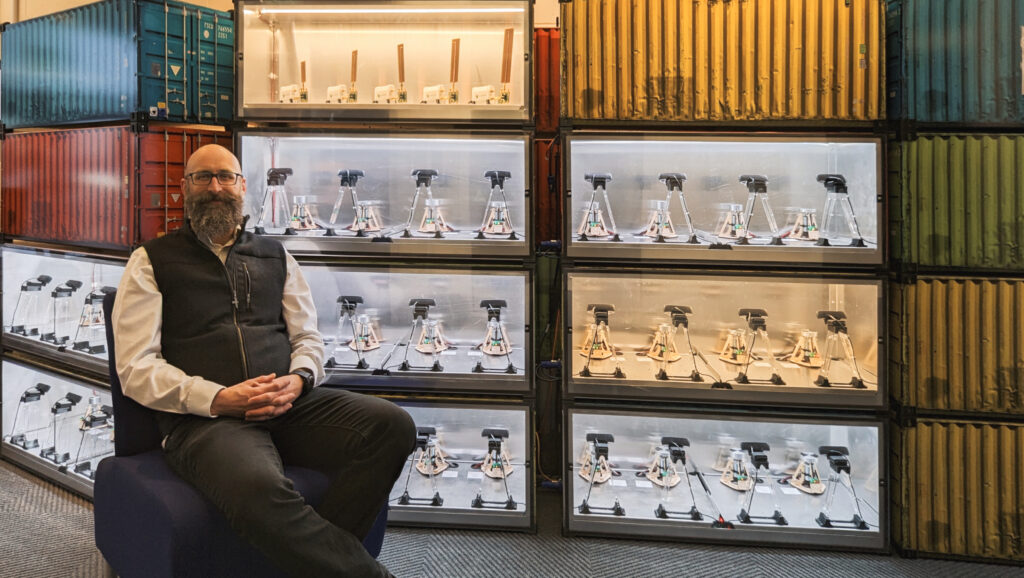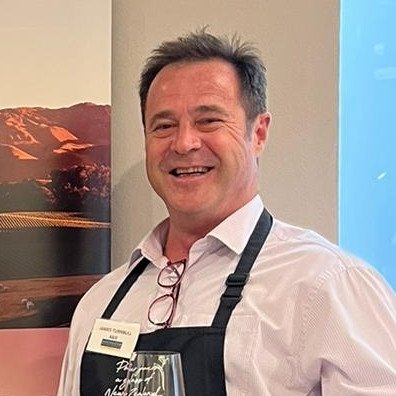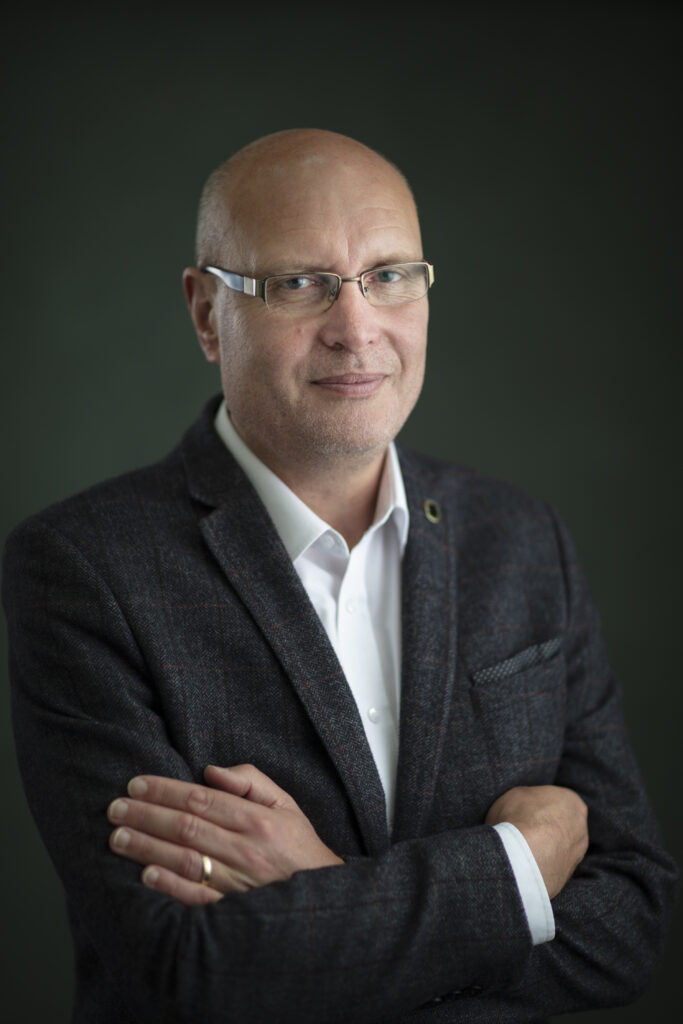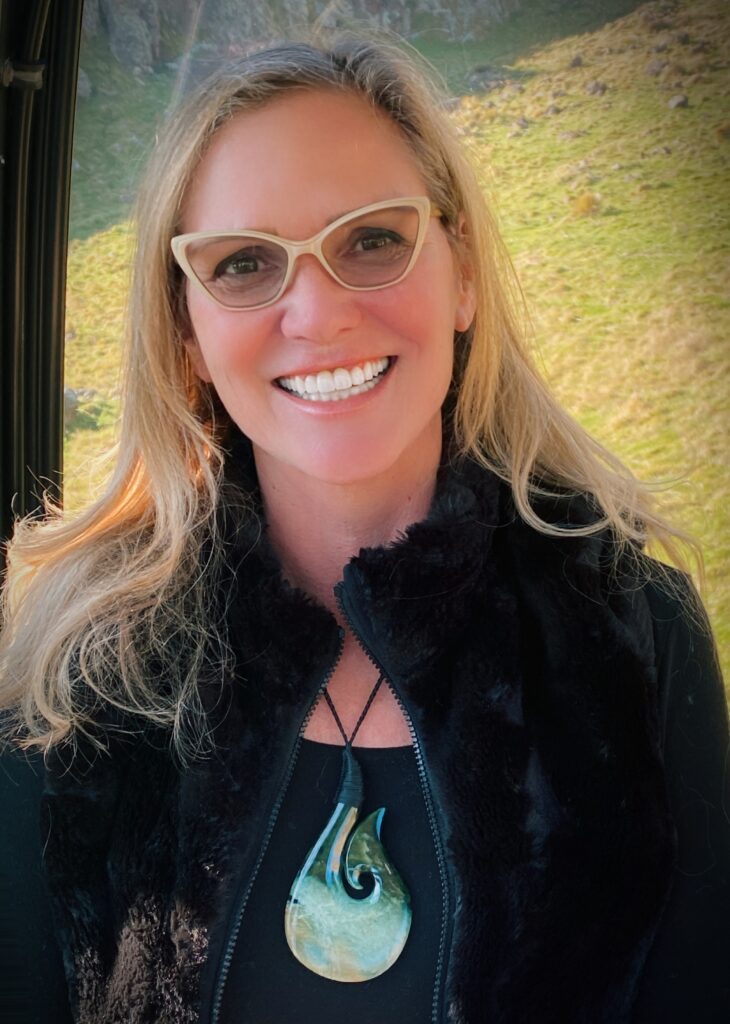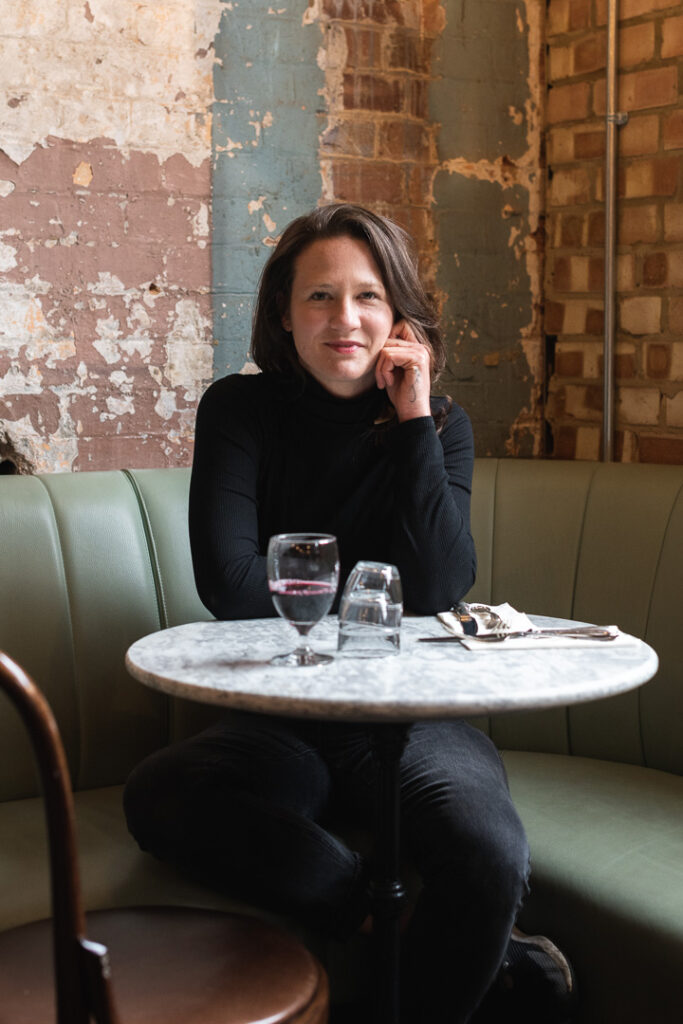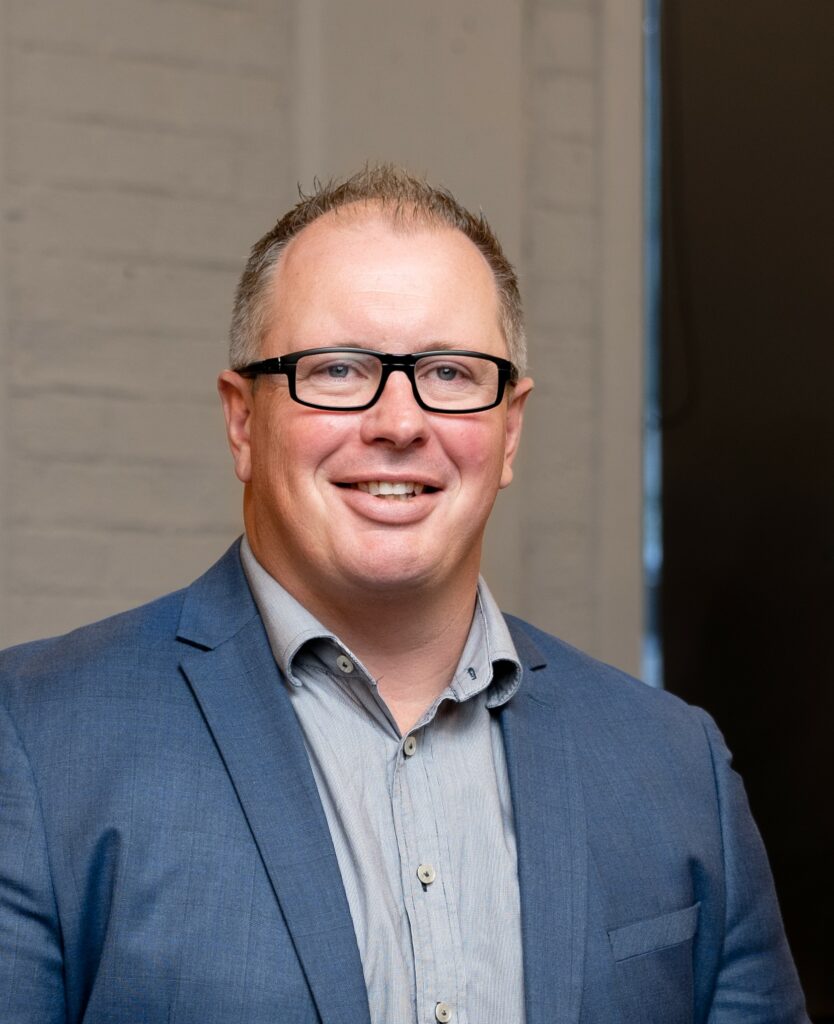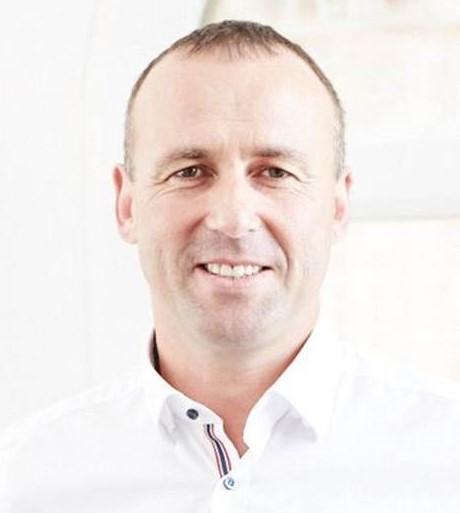North America
There has been a significant victory for New Zealand’s seafood industry this month with the lifting of a temporary ban on some fish exports to the United States. This decision reinstates trade for popular species like snapper, demonstrating the effectiveness of New Zealand’s robust measures to ensure sustainable fishing practices that meet and exceed US standards. This win not only reopened a valuable market for these high-quality products but also strengthened New Zealand’s reputation as a leader in sustainable seafood production.
The AI debate in the US continues to demand headlines this month with high-profile court cases such as the Authors Guild’s victory against Microsoft-backed OpenAI, setting precedents which will impact global AI development. These legal battles underscore the importance of a robust intellectual property framework and highlight concerns about the use of copyrighted materials without proper permissions. New Zealand businesses can navigate these complexities by prioritising the protection of creators rights and ensuring our strong copyright laws serve as a model for balancing innovation with rights protection. The AI landscape is seeing increasing dominance from larger tech companies which has the potential to limit the competitiveness of smaller New Zealand startups, however, this also presents an opportunity for New Zealand to become a leader in providing vetted, legal datasets and ensuring our AI sector remains ethical, innovative, and compliant with international standards.
Finally, this month Rosemary Banks has been reappointed as Ambassador to the United States. This move signifies a continued commitment to strengthening ties between the two countries and Ambassador Bank’s extensive diplomatic experience, including her previous tenure in Washington DC and her leadership of the NZ-US Council, positions her well to navigate the complexities of the relationship. This appointment ensures a seamless transition for New Zealand’s diplomatic efforts in the US, fostering stability and continuity in a time of evolving global dynamics. Ambassador Banks leadership is expected to focus on areas of mutual interest, including security cooperation, economic collaboration, and cultural exchange.
Gary Fortune, Kea North America Regional Director
UK and Europe
The big news out of the UK this month is the announcement of a snap general election to be held on 4 July. UK Prime Minister Rishi Sunak has informed King Charles III of the rare summer poll, firing the starting gun on a six-week campaign. Sunak was required to hold a vote by January 2025, and had long resisted calls to be specific about his plans. But a fall in inflation rates, announced earlier Wednesday seems to have provided the backdrop for his announcement.
This month also marked the New Zealand Free Trade Agreement (FTA) with the European Union (EU) coming into effect. The hard-won agreement was expected to save a hundred million dollars a year in tariffs with duties removed on 91 percent of New Zealand’s goods exports to the EU, rising to 97 per cent after seven years. EU Ambassador Lawrence Meredith says the agreement was “ambitious and has real potential for substantial gains. Meredith’s message for New Zealand businesses is: “let’s do it today”.
The FTA will provide favourable access to the EU market for New Zealand exporters. While tariffs will remain for some goods like meat and dairy, there will be an increase in quota volume with reduced in-quota tariff rates, resulting in significant savings for exporters. Key outcomes under the FTA include tariff elimination on horticulture products, fish and seafood, wine, honey, manufactured products, butter, cheese, milk powder, beef, and sheep meat.
Kea was delighted to support several events in London this month including our London Community Meet-up at the recently opened Pacific Tavern in Canada Water. We were joined by New Zealand musician, Arjuna Oakes and those who attended enjoyed sharing a Kiwi pie and stories of home.
Sara Fogarty, Kea UK/Europe Regional Director
China
This month, China welcomed its 5-Day May Day holiday which typically sees a surge in travel and consumer spending. The country’s domestic tourism trips totalled CYN 295 million, up 7.6% year-on-year. New Zealand is a popular travel destination for Chinese nationals during this time with many flights and tours to New Zealand fully booked since mid-April. China is now New Zealand’s third largest source of international tourists with travellers spending an average of about NZ$5,000 per holiday.
This month also marked Mother’s Day in China. The event is a big opportunity for brands to increase sales and brand awareness. However one Chinese Brand ‘Blue Moon’ went all out on an advertising campaign which did just the opposite. The 32-year-old home cleaning company brought in a top KOL, Mr. Dong, and plastered him all over office buildings and apartment elevators with a message which translated to: “In the past, mum used a big bottle of laundry detergent to wash our clothes, which was heavy and tiring. Now, with extraordinary future laundry technology, mum’s laundry is easier, lighter, and more effortless.” In addition, on a Mother’s Day gift box, they printed the slogan “妈妈,您先用 (Mum, you use it first).”
Many Chinese consumers have moved on from beliefs around traditional gender-stereotypes, such as the role of laundry being exclusively a mother’s duty and the backlash was swift with 1000’s of people taking to social media to express their outrage. Others went a step further and wrote notes expressing their disgust which they stuck on the brands billboards and elevator ads. A very costly PR exercise followed, but the damage will linger for some time. For those brands who get it right, Mother’s Day can be a huge success, one example of this was L’Oréal, Babycare and lingerie brand AIMER, whose messaging was all about freeing mums from those traditional societal roles and looking out for themselves on Mother’s Day. A good lesson for Kiwi brands to make sure you always understand your audience.
And finally this month, it was great to see more than 50 Kiwi and friends of the community to join us at this month’s Kiwi drinks. Kea World Class New Zeander’s Charlotte Lockhart and Andrew Barnes joined the event enroute to Beijing for the Peking to Paris Rally. The couple are the founders of 4 Day Week Global and the community in China were eager to hear about the concept and its success.
Rebecca Bao, China Regional Director

New Zealand
This month marks the release of the coalition government’s first budget. In addition to the Budget, Treasury will also publish its latest Economic and Fiscal Update (BEFU). This will be the first chance to scrutinise the books since the Half-Year Economic and Fiscal Update late last year. Finance Minister Nicola Willis and Prime Minister Christopher Luxton are setting this up to be one of the least frilly of no-frills Budgets. Not an austerity Budget, but with no big spending surprises. All eyes will be on the “meaningful but modest” tax cuts Nicola Willis has promised, and exactly how she plans to pay for them. Willis maintains the government will not need to take on any debt for the tax cuts, and that Treasury modelling has told her they will be “fiscally neutral”.
New Zealand’s budget comes on the heels of the third Albanese government budget delivered this month. The Australian budget delivered a second consecutive surplus and centred on the ‘Future Made in Australia’ (FMIA) policy. To support FMIA, the budget included a range of significant announcements in support of investments in innovation, science and the digital agenda, and support for emerging industries.
New Zealand’s stoush with Canada over dairy trade continues this month with Trade Minister Todd McClay saying he’s asked for urgent legal advice in respect of his ‘next move’ when it comes to Canada’s refusal to comply in full with a Comprehensive and Progressive Agreement for Trans-Pacific Partnership (CPTPP) trade dispute ruling in New Zealand’s favour. Mr McClay says the Canadian government still has time to honour its obligations to New Zealand both in the spirit and substance of the agreement. New Zealand initiated the dispute because Canada was not complying with CPTPP rules, blocking dairy exporters’ access to its market.
And finally, Minister for Land Information, Chris Penk, travelled to Peru this month to attend a meeting of trade ministers from the Asia-Pacific region. Minister Penk held meetings with Ministers from Australia, Indonesia, Peru, Malaysia and the UK. He also engaged with New Zealand businesses focused on the Peruvian and Latin American markets.
Kellie Addison, Global Director Stakeholder Affairs
HOW KEA CAN HELP YOUR BUSINESS GROW
Kea Connect
Kea Connect is a free service that will help your business grow offshore. We connect you personally with regional, sector-specific experts and peers.
Resources
Kea is here to help New Zealand businesses grow offshore. Be inspired and hear advice from businesses who have created their export path.
Jobs Portal
Looking for the right talent for your team? Reach our global Kiwi community through the Kea international job portal.

 MENU
MENU

